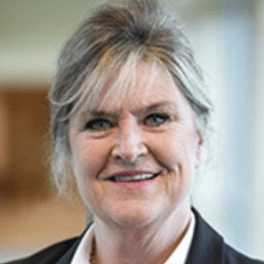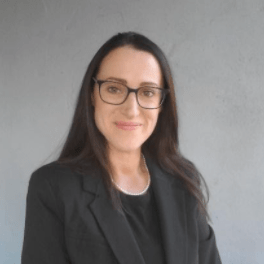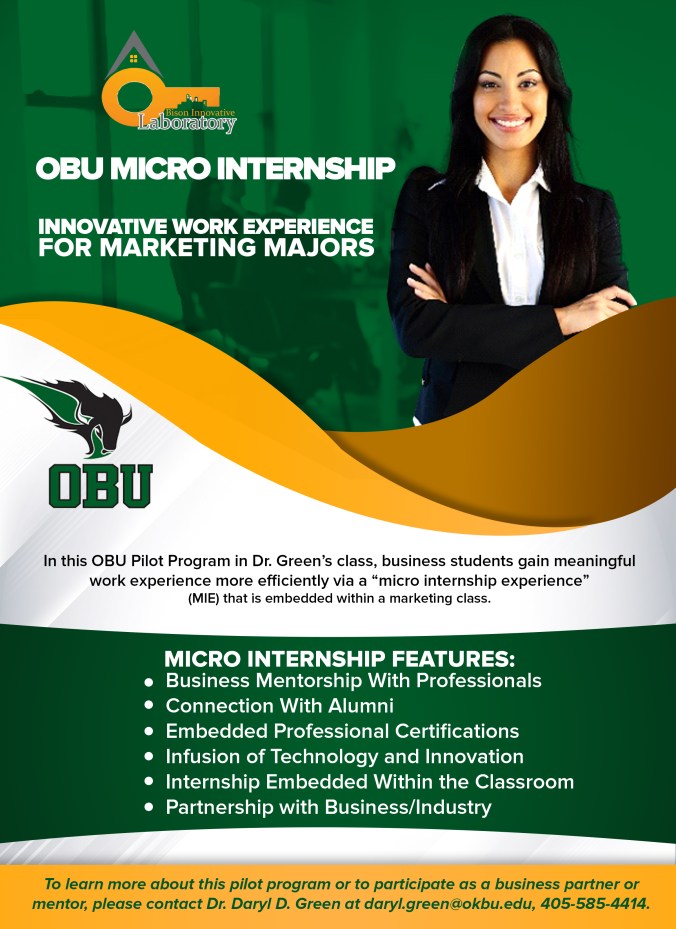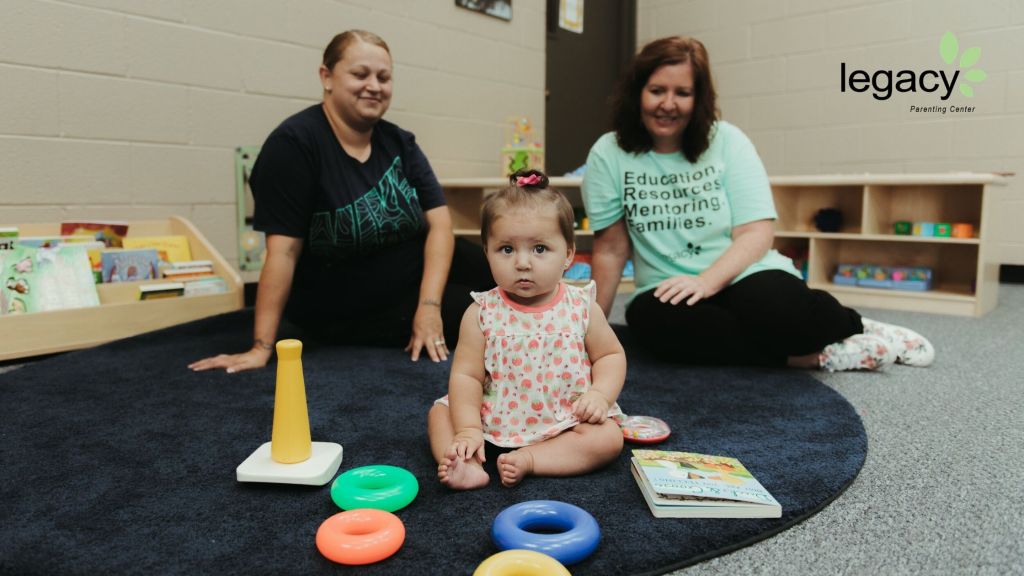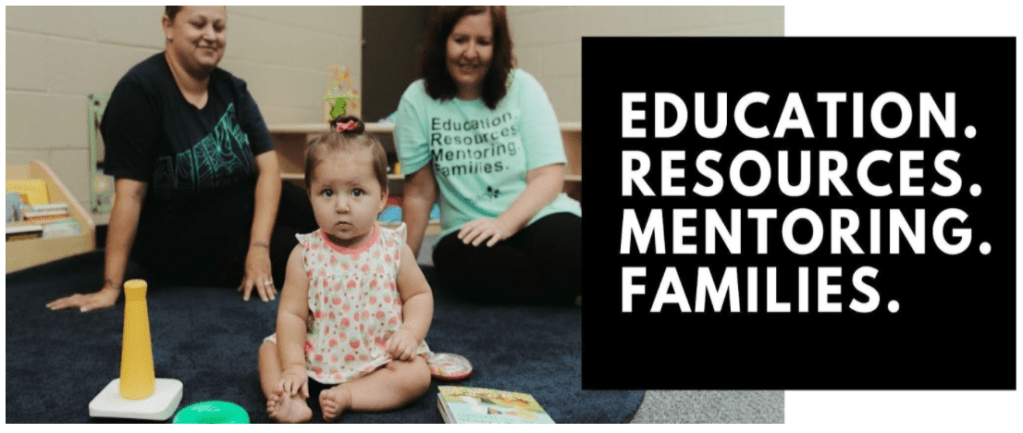by Dr. Daryl D. Green, Contributing Writer (Excerpted from The Envoy Magazine, July/August Edition)
Every new year creates a sense of renewal and potential additional opportunities for businesses. Yet, many small businesses have a “wait and see” attitude because they are riddled by uncertainty and the unpredictability of the future. Most have limited resources and must be cautious about their business growth.
However, if small businesses were given a master list of areas they could improve, based on market forces, they would be much better positioned for the upcoming year. This article examines the seven critical trends that small businesses should consider to better manage market disruptions in today’s economy.
With the uncertainties of a new presidential administration in the United States and the lingering impacts of COVID, organizations should rethink their business strategies. Small businesses are no exception. According to a business study conducted between March 28 and April 4, 2020, small businesses were heavily damaged by the lockdowns forced by COVID-19. During that timeframe, 43% of businesses closed temporarily, and nearly all of these closures were due to COVID-19.
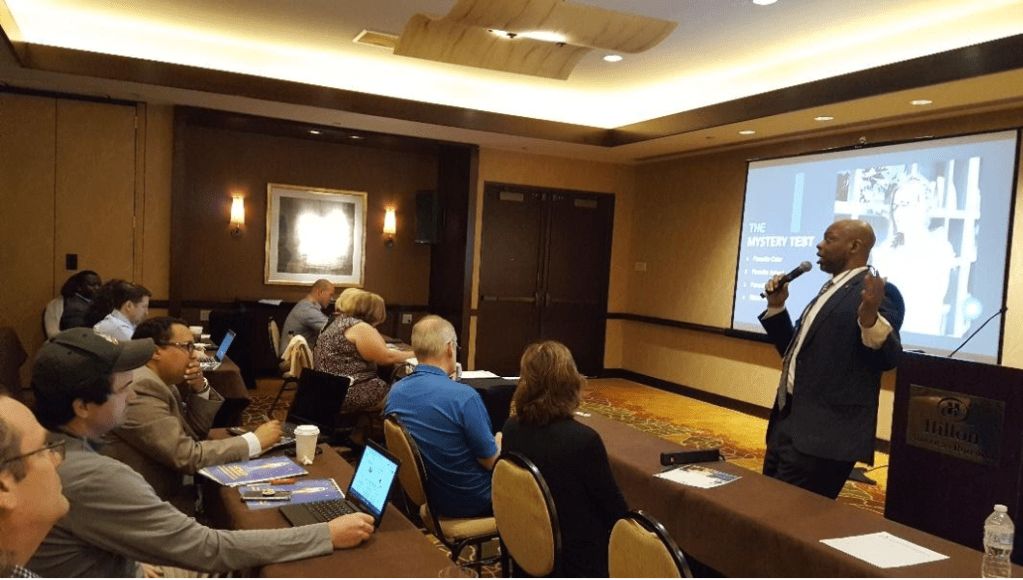
Why evaluate emerging trends as a small business? Many larger companies can withstand the destructive nature of disruptions in the marketplace. However, small businesses are more vulnerable. Now that we are well into 2021, and more than a year has passed since this pandemic began, the full impacts on the U.S. economy are still not fully clear.
Still, there are seven trends that small businesses should consider to help them capture new, unmet customer needs in the future.
Below are these emerging trends:
1. Global Market – We are connected! Small businesses can tap into resources worldwide, whether searching for new customers in emerging markets or locating talent for hire.
2. AI and Automation – Artificial intelligence is a disruptive technology. Companies can avoid the high expense of labor through automation. Small businesses can leverage technology by empowering their employees to utilize AI where appropriate, so that AI technology is not viewed as a negative.
3. New Work Model – 2020 and the constraints imposed by COVID-19 saw an explosion of the working-from-home concept. Employees have long wanted more flexibility in their work lives. Employers responded by offering 70% of full-time workers the ability to work from home!
4. Freelancing – Freelancing is part of the gig economy. It goes much further than just Airbnb and Uber. In a gig economy, businesses hire independent contractors to perform individual jobs, called “gigs.” Cumulative freelancing income has amounted to almost one trillion dollars. In the gig economy, small businesses can find the necessary talent without the several burdens of hiring full-time employees.
5. Digital and Ecommerce – COVID-19 ushered in the digital economy. If companies did not have a digital platform in 2020 when everything and everybody was locked down, they essentially did not exist. According to the Internet World Stats, there are currently 4,208,571,287 internet users. That’s four billion, with a “b.” Small businesses cannot afford to miss this continuing trend of using digital platforms to their advantage.
6. Changing Career Landscape – Because of market disruptions, employers’ needs continue to evolve, driven especially by automation and technology trends. The National Association of Colleges and Employers (NACE) has identified eight competencies associated with career readiness. Sadly, most students preparing to enter the workplace are not aware of employers’ expectations about career readiness competencies. Schools have a shared obligation to better prepare these young adults. With that said, small businesses will need to better understand and keep up with the changing workforce in the U.S.
7. Continuous Learning – Monitoring the latest trends and disruptions requires a learning culture in organizations. Therefore, a more highly-trained employee pool is essential, especially during disruptions. Small businesses need to embrace this continuous learning trend.
Today’s small businesses and entrepreneurs must retool themselves, given the impacts of COVID-19. Disruption will continue to be the watchword of 2021 as organizations consider the impacts of the 2020 pandemic. While larger organizations are largely better positioned to survive the impacts of market disruptions, most small businesses are not. By taking the necessary steps to understand these market trends, and maximize the capture of unmet needs in the market, small businesses can make a positive impact on their future.
Let’s pray that it is not too late.


